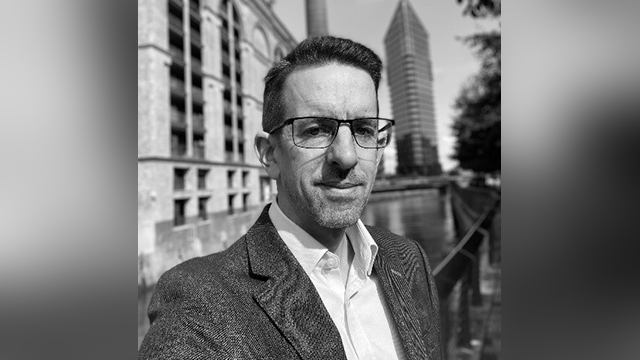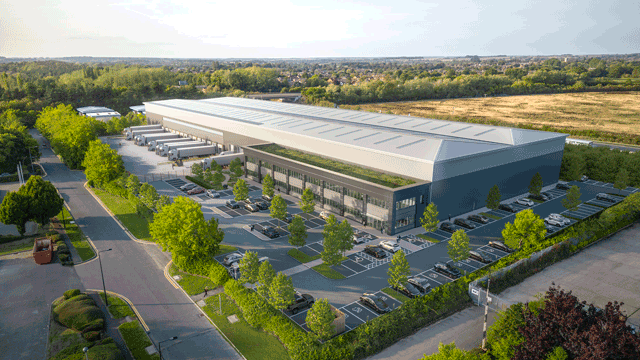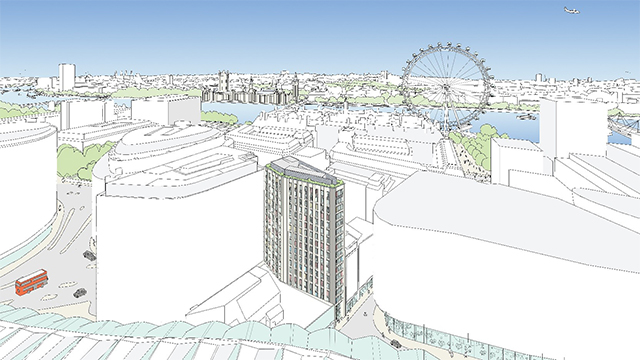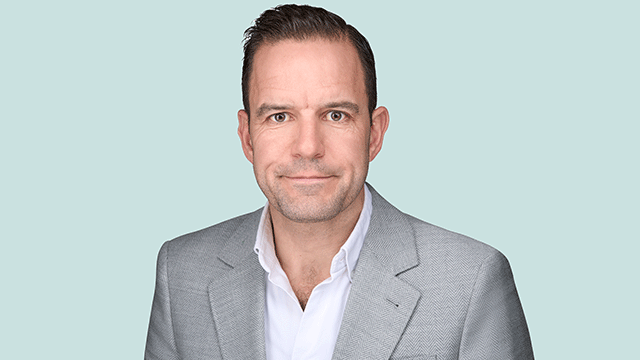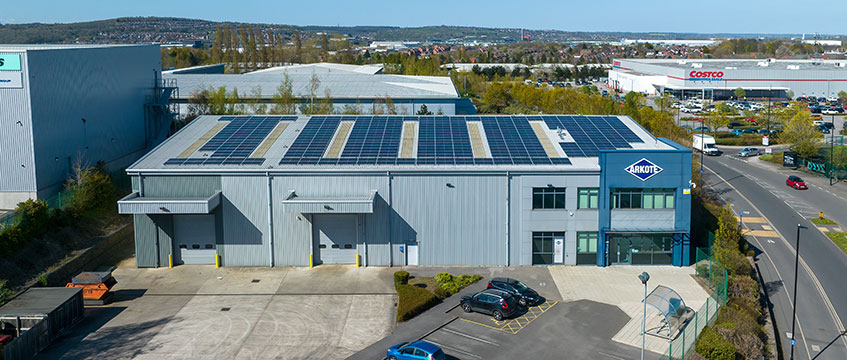 A little under a year ago Development Securities and Cathedral Group combined to become U+I, a propco with a clear focus on regeneration and wielding a socio-economic conscience.
A little under a year ago Development Securities and Cathedral Group combined to become U+I, a propco with a clear focus on regeneration and wielding a socio-economic conscience.
Universal + Imaginative, that was the proclamation from the advertising campaign promoting Development Securities’ new brand. Unafraid + Inspired.
Of course, the same letter combination works for those that would mock. “‘Useless and incompetent’ was one suggestion,” said chief executive Matthew Weiner, who took over the running of the company from long-serving boss Michael Marx in the summer of 2015.
The name is inspired by the motto of a group of dock workers that once drank in a Greenwich pub on a site now owned by the company.
And if the rebrand seemed bold – particularly to traditional property types who might mock – the company’s new Victoria, SW1, headquarters will probably have them choking on their cigar smoke.
As it promised, the company has built a headquarters that, in its words, is “nothing short of extraordinary”. It features everything from the weird – a portable pink, fluffy meeting room – to the wonderful, such as plaster-cast figures floating under umbrellas from the ceiling like an army of invading Edwardian housekeepers.
The briefing note sent out when the rebrand was announced read more like a manifesto than a corporate mission statement. DevSec was sometimes criticised for its complexity – at one point it had 85 schemes in its development and trading portfolio, despite a relatively modest £275m market capitalisation. The fact that it made forays into a whole range of different sectors, from care homes to hotels, as it became largely priced out of central London office development, served only to complicate the message to shareholders further.
The new mission is spelled out clearly. U+I focuses on regeneration, community creation and land acquisition. Within each there is a commitment to development with a socio-economic conscience.
Underpinning this belief is a willingness to take a longer-term approach to development than the standard build-and-sell model. The theory is that in order to create interesting places that communities will embrace, developers should forget about focusing on corporate covenants and long-term leases. By leasing space to local start-ups on short-term leases, U+I hopes to give communities a greater sense of place, which will enhance values in the long term. The company calls it “greenhousing”, nurturing smaller, local businesses that give U+I’s developments a unique sense of place.
“If you create a great place,” says Weiner, “people will come.”
The idea builds on Cathedral’s strong track record of working in partnership with public bodies, often to help redevelop town centres. In Deptford, SE8, it painstakingly brought railway arches back to life and has leased them to start-ups that have helped re-inject life into a town centre in which few propcos would have deigned to consider investing.
For U+I real estate does not exist in its own bubble. In the context of a world in which trends change with seemingly ever-increasing pace, it says the real estate sector needs to look outwards beyond the confines of the industry and embrace partnerships, innovation, ideas and models from different sectors and places.





